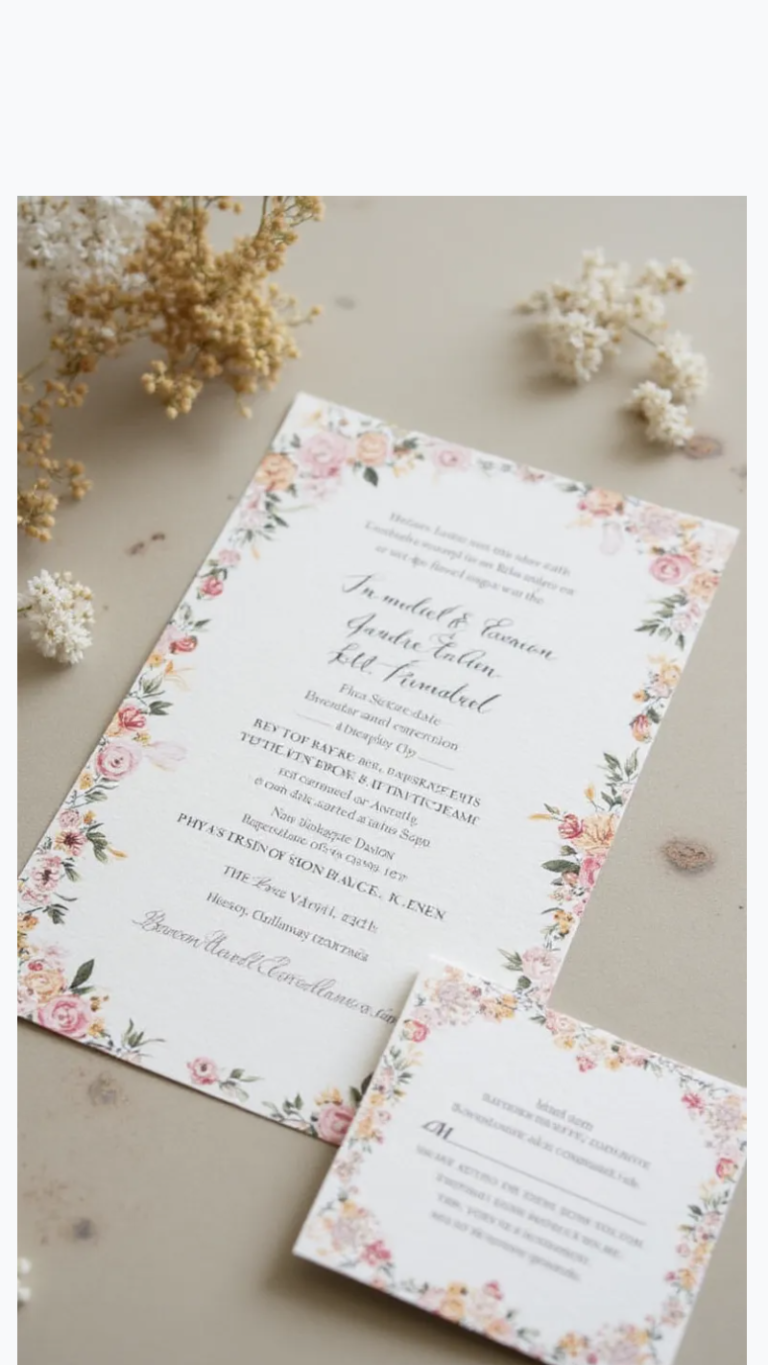Core Values To Agree On Before Wedding For a Strong and Lasting Partnership
A lasting relationship often depends on the foundation of shared values between partners. These core beliefs shape how individuals interact, make decisions, and handle challenges together. When couples align on what matters most to them, they create a stronger, more cohesive bond that supports their connection through both positive and difficult times.
Values represent the underlying principles that guide behavior, attitudes, and priorities within a relationship. Understanding and agreeing upon these shared values helps couples grow together rather than drift apart. Recognizing one’s own values is an essential step before forming a unified set of beliefs with a partner, especially when considering long-term commitments like marriage.
Building Confidence Between Partners
Trust serves as the essential base of any strong relationship. When partners rely on each other’s honesty and integrity, they create an environment where both feel secure and free to be authentic. This confidence allows each person to maintain their individuality without suspicion or doubt.
In relationships where trust exists, partners can openly share thoughts and feelings without fearing judgment or misunderstanding. Such openness fosters genuine communication and deeper emotional connection. Conversely, a lack of trust often leads to distance, resentment, and poor communication, as partners might act more independently and overlook the impact of their choices on one another.
Key aspects of trust include:
| Aspect | Impact on Relationship |
|---|---|
| Mutual confidence | Reduces doubt and second-guessing |
| Emotional safety | Encourages vulnerability and honesty |
| Respect for freedom | Supports independent growth without control |
Establishing and maintaining trust requires ongoing effort but is critical for a balanced and respectful partnership.
Effective Dialogue
Ongoing, open exchanges of thoughts and feelings are essential for relationships to deepen. When partners communicate honestly, they foster mutual understanding and a sense of being valued.
Addressing disagreements requires clarity and respect. Instead of harboring resentment or expecting unspoken awareness, one should express feelings directly using “I” statements to avoid blame.
Active listening plays a vital role: partners should attentively hear each other and show empathy toward differing viewpoints.
| Key Elements for Productive Communication |
|---|
| Open expression of emotions |
| Using clear, non-accusatory language |
| Practicing attentive and empathetic listening |
Truthfulness in Relationships
Honesty serves as the foundation for trust between partners. When both individuals consistently share their true feelings and thoughts, it eliminates uncertainty and reduces misunderstandings. Knowing where each person stands prevents assumptions, fostering a sense of security and openness.
Challenges often arise when honesty involves sensitive topics. Expressing difficult truths requires careful communication, focusing on clear, calm dialogue rather than confrontation. Maintaining sincere intentions helps partners stay connected, even during uncomfortable conversations.
Key aspects of truthful communication include:
| Aspect | Description |
|---|---|
| Consistency | Being honest regularly to build reliability |
| Transparency | Sharing thoughts openly without hiding facts |
| Respectful Delivery | Addressing concerns respectfully and calmly |
| Mutual Understanding | Trusting that honesty strengthens the bond |
If one partner values honesty while the other struggles with it, mistrust frequently follows. Sharing a commitment to truthfulness allows couples to navigate challenges more confidently and enjoy their time together.
Setting Personal Limits
Establishing clear personal limits is essential for maintaining a balanced relationship and individual well-being. These limits help partners understand each other’s needs and preferences without assuming or causing tension.
Without defined boundaries, individuals risk feeling frustrated, anxious, or disconnected. Setting limits also supports self-respect and prevents the loss of personal identity that can come from constantly trying to please others.
Couples benefit when they openly communicate about what makes them feel respected and empowered, creating a healthier dynamic built on mutual understanding and trust.
Faith and Shared Beliefs
Religion often plays a significant role in shaping values and daily routines within a relationship. Differences in religious views may lead to conflicts, although they do not always prevent a relationship from succeeding. It is important for couples to communicate openly about how faith will influence their lives together.
Key points to discuss include:
- Attendance at religious services
- Celebration of religious holidays
- Approach to raising children regarding faith
- Family traditions and religious backgrounds
Establishing agreements on these matters before marriage helps avoid misunderstandings. Deciding whether to maintain one’s religious upbringing or adapt new practices can prevent future disagreements and strengthen the partnership.
Mutual Regard
Respect is essential for a relationship to function well. It means recognizing and valuing your partner’s feelings, opinions, and choices. When respect guides interactions, both partners feel appreciated and heard.
Examples of respectful behavior include supporting each other’s goals and taking responsibility for shared tasks. Avoiding criticism or dismissiveness is crucial, as undermining a partner’s beliefs or emotions harms the connection.
Key aspects of respect:
- Valuing different perspectives
- Offering support during life changes
- Listening without judgment
- Acknowledging individual needs and boundaries
Practicing Forgiveness in Relationships
Disagreements occur even in strong relationships, but forgiveness helps restore connection. Holding onto resentment can harm both emotional health and the partnership.
Key aspects of forgiveness include:
- Letting go of grudges to improve wellbeing
- Setting ego aside to foster vulnerability
- Choosing to show care and understanding after mistakes
By embracing forgiveness, partners can process hurt, reduce tension, and strengthen their bond over time rather than allowing conflicts to create distance.








